Langreview Kurzkritik English Version Fakten + Credits
For many, involuntary childlessness is a seemingly harmless topic, because a partnership for two can also have its pleasures, and more and more couples in Germany are even explicitly deciding against having children. However, various individual cases show time and again that this is by no means a trivial issue. Every year, the number of abductions of babies varies between one and ten – unfortunately, there are no exact figures on this.[1] Not infrequently, the motive of the abducting persons is the unfulfilled desire to have children. According to the Federal Ministry for Families, Senior Citizens, Women and Youth, almost every tenth couple between the ages of 25 and 59 tries to have a child, but unfortunately is unsuccessful.[2] The page linked here offers an overview of solution and counselling options to help affected couples. Based on this background, Spanish director Manuel Martín Cuenca is creating his new thriller, which will be released here in Germany directly on home cinema.
This is what it is about
It seems like a good plan that the underage Irene has agreed to: The couple Javier and Adela make sure that the young mother, who is in prison, gets out of the juvenile detention centre and can give birth to her baby in peace with the two of them in a remote house in the mountains. In return, the newborn would be given to the childless couple, and Irene could start all over again and build a wonderful life for herself. The birth parents would also be welcome guests. But everything becomes unnecessarily complicated when Irene is seized by longing for her father and increasingly worries about whether she might not want to keep the child after all. Javier and Adela have to react immediately to prevent her wish for a child from being dashed.
Review
With THE DAUGHTER we get a film that concentrates mainly on the quiet tones and will put off many viewers early on with its enormously slow pacing. The basic concept is comparable to the Scandinavian surprise hit LAMB, even though Manuel Martín Cuenca’s film stays away from mystical events. Written as a thriller, the audience will wonder for a long time where this assessment comes from, because basically all we see is a sincere drama that tells a sensitive story about a loving couple who are floating in happiness in the face of foreseeable parenthood. Much of the plot revolves only around the secluded cohabitation of the three central characters and the couple’s dealings with the whims of their young mother. This in itself would make for a charming story.
However, Cuenca is excellent at giving this drama an interesting drive by stringing together completely comprehensible decisions and changes of mind and establishing an actio gleich reactio principle. That is, whenever Irene repositions herself in her opinion or takes different paths in her action, the owners of the house have to react to the circumstances and initiate appropriate countermeasures. Like waves, these actions and reactions keep piling up and gradually begin to escalate. In the most subtle way, it is made clear to the audience that the couple, who are actually kind and hearty, act morally but are nevertheless subordinated in all their actions to the desire to finally be able to live as a family with a child.
Taking slow steps upwards
Cinematographer Marc Gómez del Moral, who was also involved in the cinematographic development of THE IMITATION GAME, does a brilliant job. On the one hand, he manages to provide an impressive overview of the scenery around the estate through several impressive drone shots, and on the other hand, he creates a mystical mood by deliberately showing or not showing actions, which puts the viewers in an uncertain position. For large parts of the film, one wonders whether the uneasy feeling is deceptive or whether there is some totally absurd shit going on here and we are just being led around by the nose. By means of a long black fade, a breakpoint is also set that is clearly recognisable. Especially in the grand finale of the film, del Moral fades away from the actual plot and lets only the acoustics speak for themselves, which can be called a small stroke of cinematic genius, as it once again fuels expectations and uncertainty.
Even if THE DAUGHTER feels a little too long, especially in the early part, at just over two hours, the strong actors ensure that you always remain curious. Patricia López Arnaiz remains mostly in the background, but she harmonises fantastically with Javier Gutiérrez and together they evoke the charm of the couple we know from LAMB. Irene Virgüez also fits in perfectly with this duo and could easily pass for the biological daughter of the two adults. Even if you don’t buy her age of 15 one bit, especially not in view of the final scene, it’s fun to watch her. Apart from the long running time, the only major drawback is the banal theme of going to the toilet, which is left out in several situations, turning the characters into the idealised people. For the film, however, this remains a banality and should therefore not be given too much consideration.
 Conclusion
Conclusion
Spanish thrillers not infrequently manage to build up suspense and create a heightened dramaturgy out of a totally banal plot line. THE SECRET DAUGHTER really surprises at this point, because as a European slow burner, the work is really well thought out in many aspects and at the same time thrives on a fantastic atmosphere that cleverly glosses over minor inaccuracies. I was extremely enthusiastic and even though I was rather bored at the beginning, the film gripped me so much by the halfway point at the latest that I would now finally like to give it a recommendation.
How did you like the movie?
Source
[1] Chronologie von Fällen der letzten zehn Jahre, fr.de, abgerufen am 27.06.2022
[2] Hilfe und Unterstützung bei ungewollter Kinderlosigkeit, bmfsfj.de, abgerufen am 27.06.2022



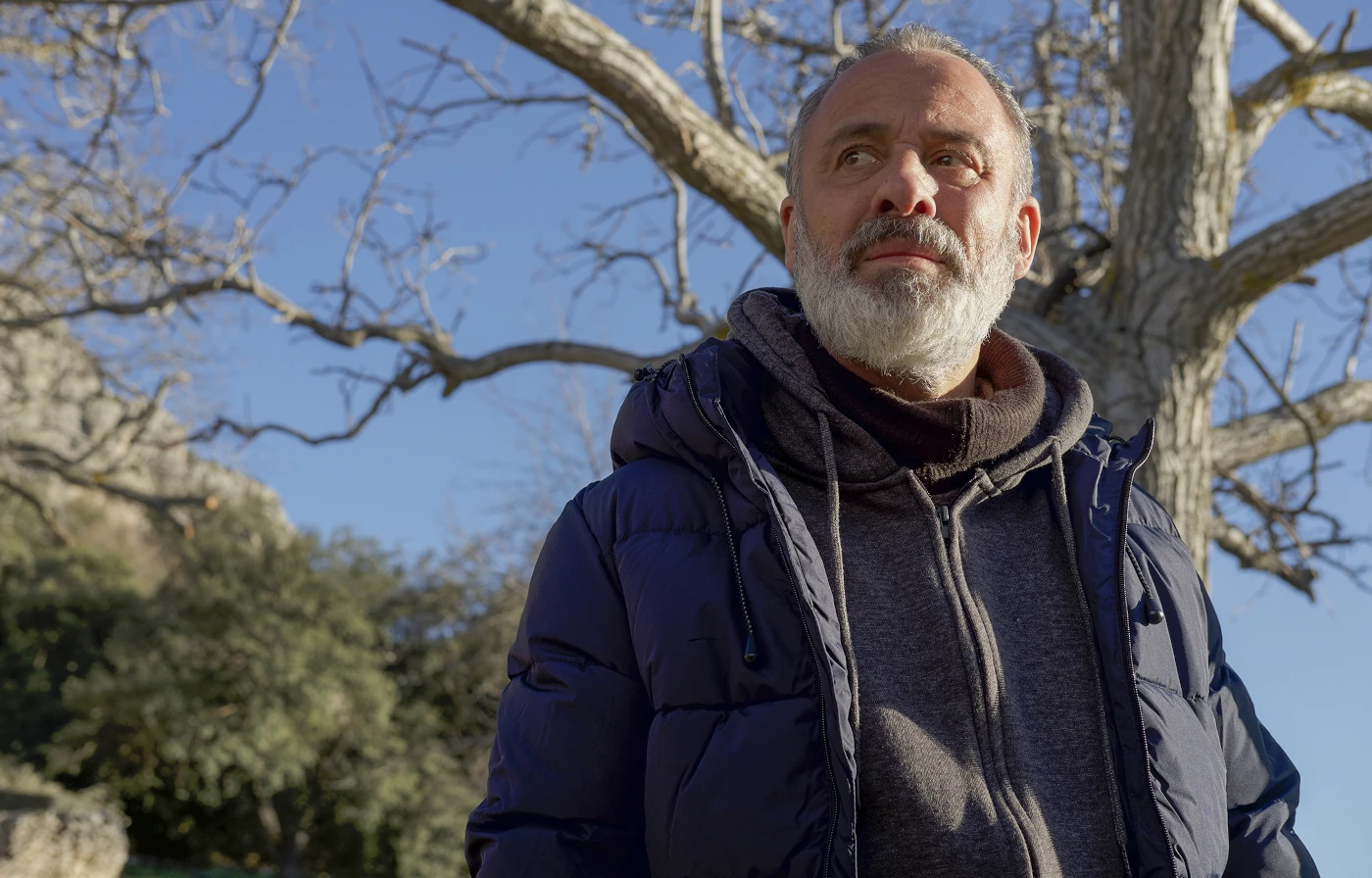
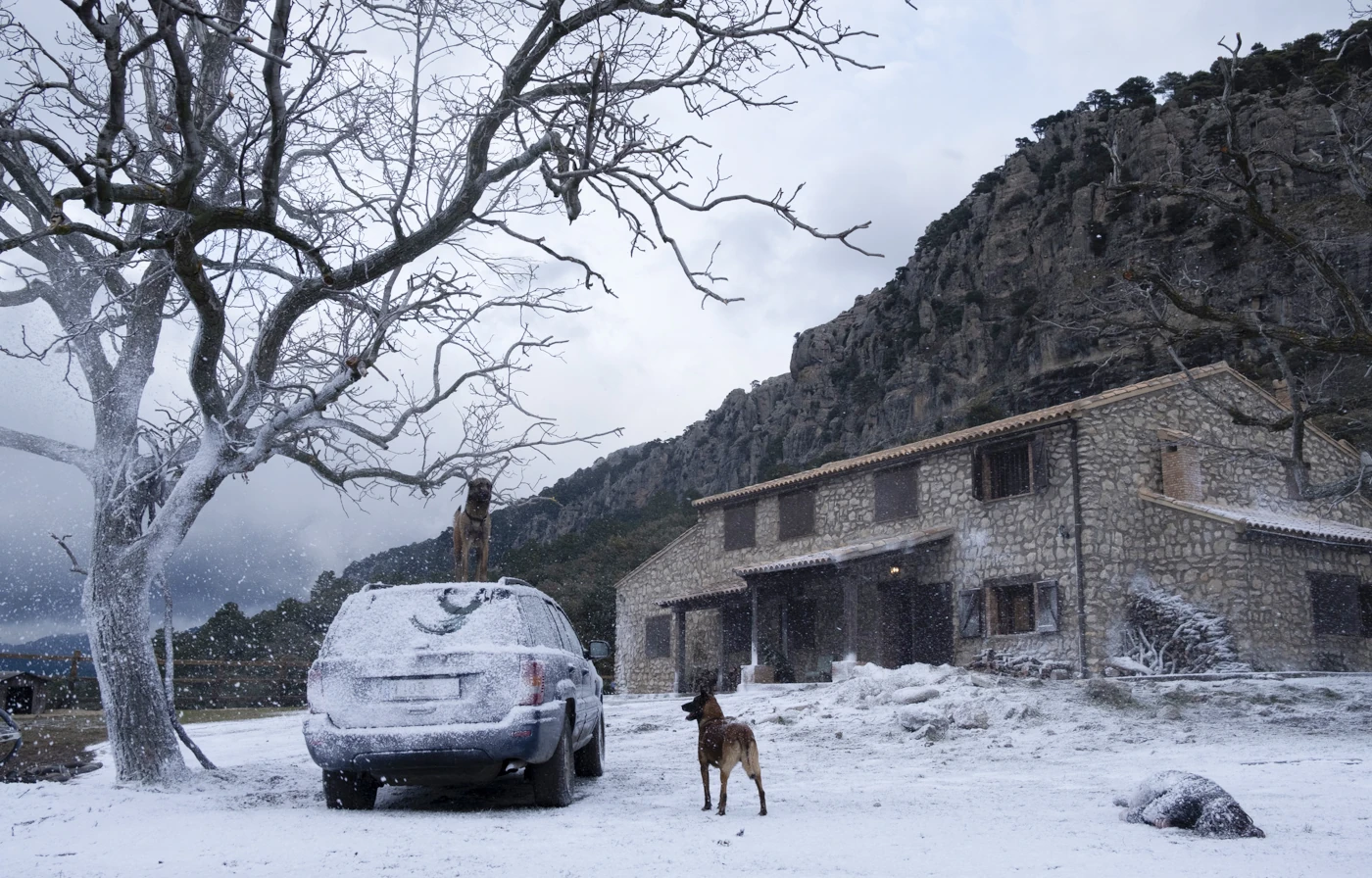





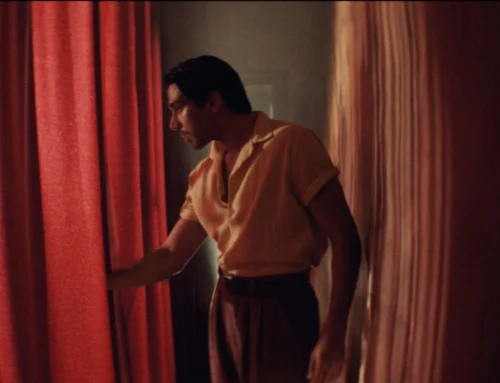
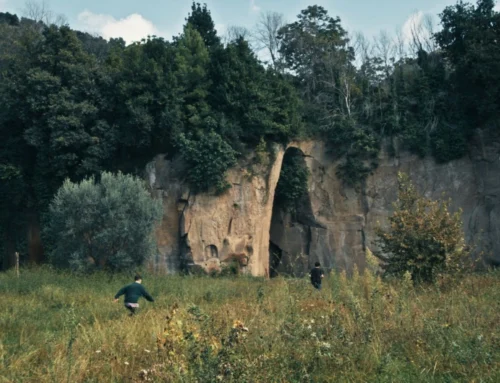
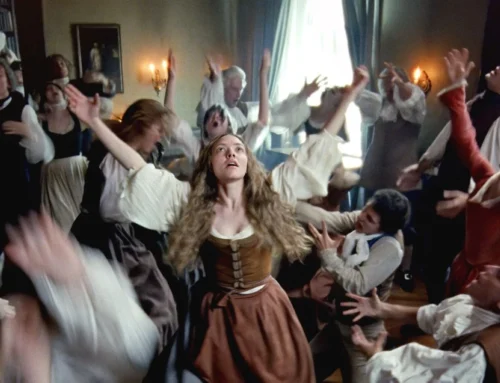

Hinterlasse einen Kommentar